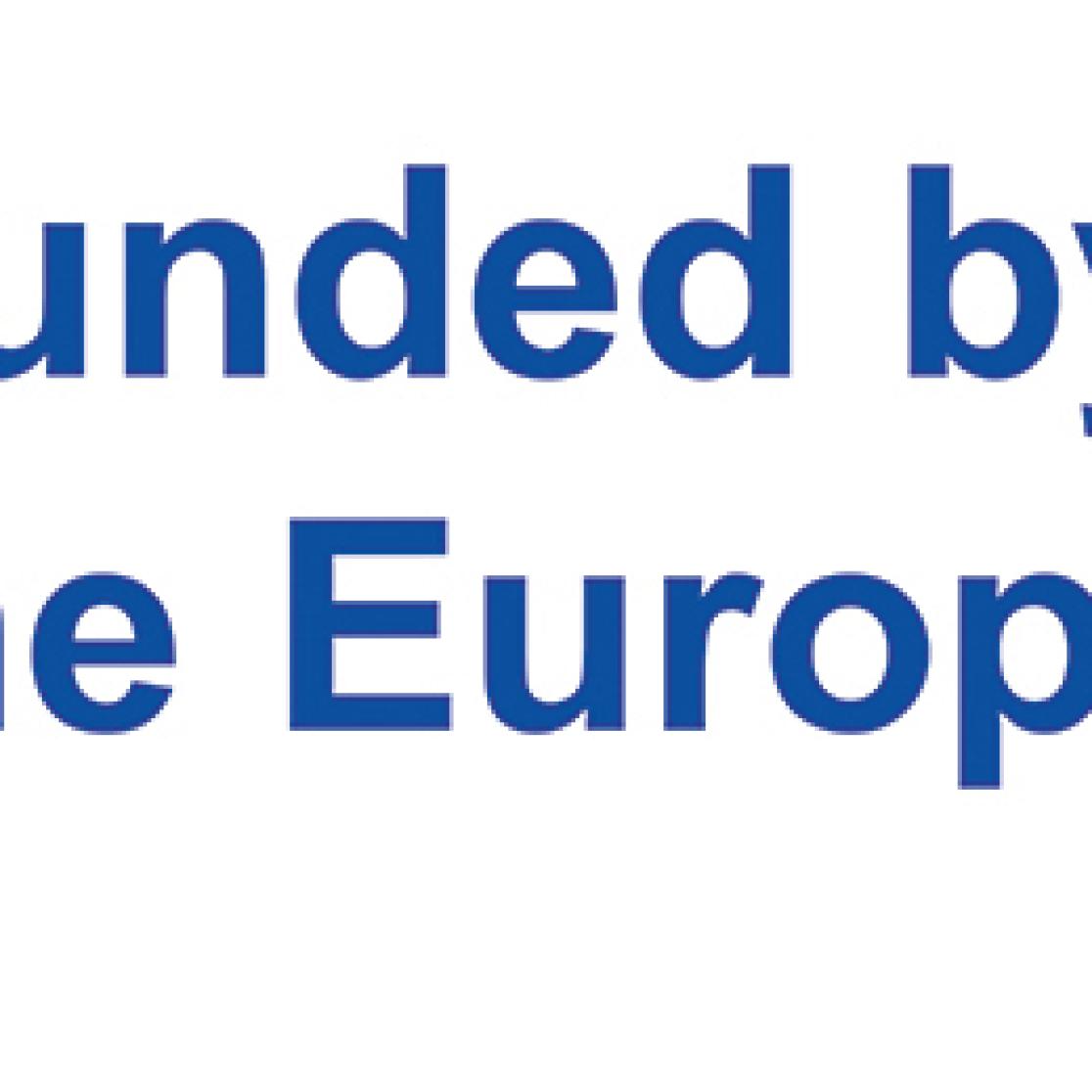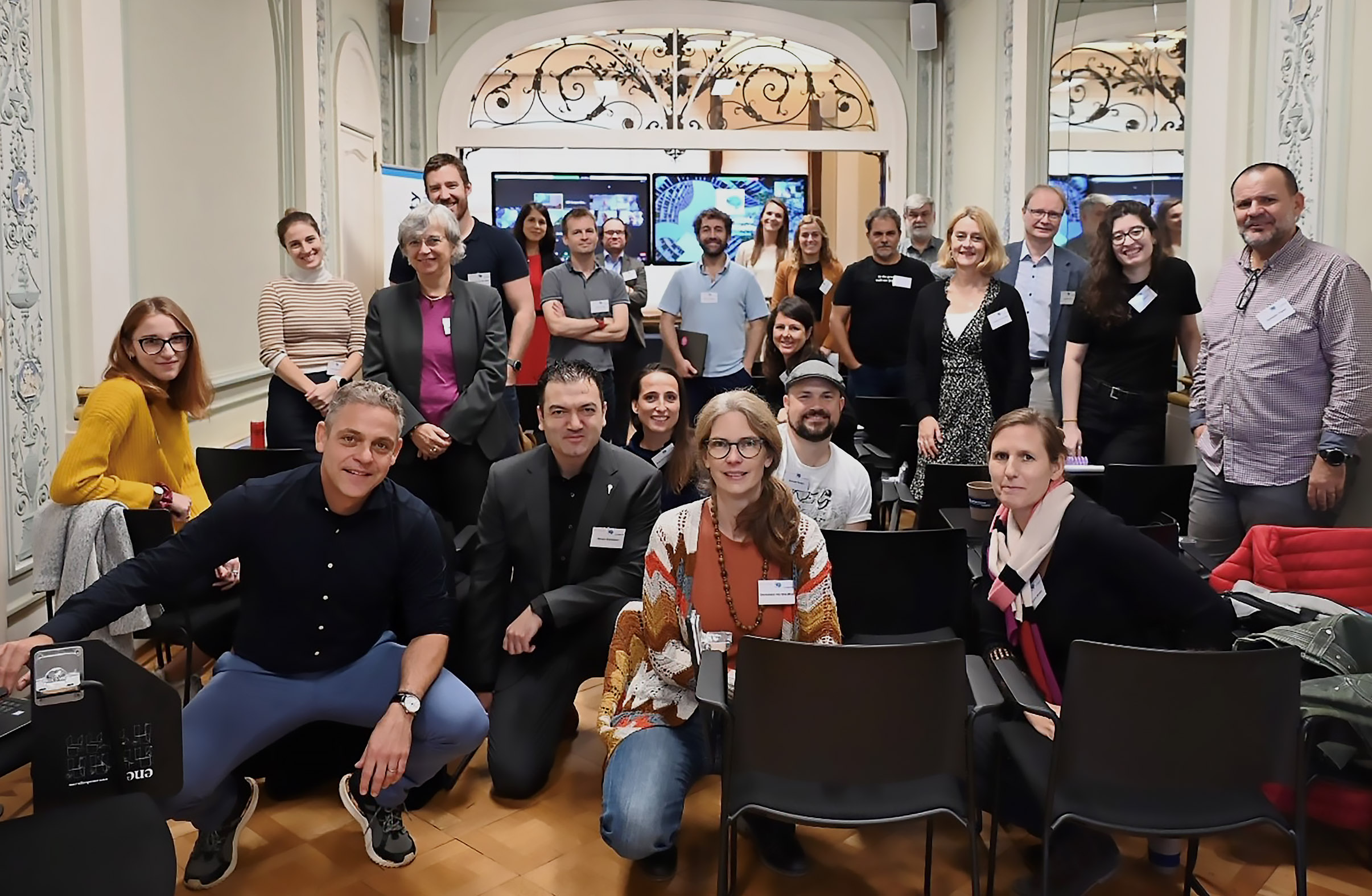Largest study ever into European youth suffering mental health problems
Mental health disorders affect one out of four people during their lifetime, with more than three quarters affected before the age of 24. Researchers are now joining forces in the new project Youth-GEMs (Gene Environment Interactions in Mental Health TrajectorieS of Youth) to conduct research into the genetic and environmental factors of mental health in young European people. The study will be coordinated by Maastricht University. The European Commission has granted 9.7 million euro for this project.
Mental health
Poor mental health is by far the most pressing health problem for European young people. It is a major personal as well as societal issue and the COVID-19 pandemic has exacerbated the situation. Therefore, there is an urgent need for a better understanding of the long-term development of mental health, the identification of early risk factors and early intervention in young people at risk of trauma or mental illness.
The Youth-GEMs project is funded as part of the Europe Horizon program Staying Healthy: Towards a molecular and neurobiological understanding of mental health and mental illness for the benefit of citizens and patients. "We want to understand how genetic, epigenetic and environmental factors interact to cause or prevent mental health problems in young people," says Professor Bart Rutten at Maastricht University.
Besides Maastricht University, 17 institutions in nine European countries (the Netherlands, Germany, Ireland, Italy, Spain, the United Kingdom, Estonia, Croatia, Serbia) and Australia will participate in Youth-GEMs. The team will work together with Euro Youth Mental Health to set up a European learning community of young people with experience of mental illness who will be actively involved in the various project components.
The researchers will follow the development of adolescents and develop predictive models and identify genetic and environmental risk factors for mental health problems. This offers opportunities for earlier intervention in young people before the symptoms of mental illness occur.
Youth-GEMs is the largest ever study of adolescent mental health development in Europe. Dr. Guloksuz, Associate Professor at Maastricht University, says: "Data will be collected across Europe from 1,000 help-seeking young people between the ages of 12 and 24, and we are using new artificial intelligence methods and digital mobile technology. Most importantly, we will create an international network to involve young people in every step of the process, so both youth and scientists will benefit from each other’s expertise".

Funded by the European Union.
Views and opinions expressed are however those of the author(s) only and do not necessarily reflect those of the European Union.
Neither the European Union nor the granting authority can be held responsible for them.

Also read
-
Mental health services urgently need to address lifestyle
Mental health services need to increase investment in lifestyle interventions to improve care and narrow the 15-year life-expectancy gap for people with mental health conditions, according to a new report by The Lancet Psychiatry Commission. Maastricht University scientist Jeroen Deenik is one of...

-
Study Smart gets Dutch Education Premium
Maastricht University's (UM) interfaculty educational innovation project Study Smart is one of the three winners of the Dutch Education Premium 2025. This was announced on Tuesday during the Comenius festival in The Hague.

-
Most prestigious European grant to two UM scientists
Two Maastricht University professors are to receive the most prestigious European research grant for individual researchers: an ERC Advanced Grant, worth over €2.5 million. They are Lorenzo Moroni (MERLN) and Alexander Sack (FPN).
